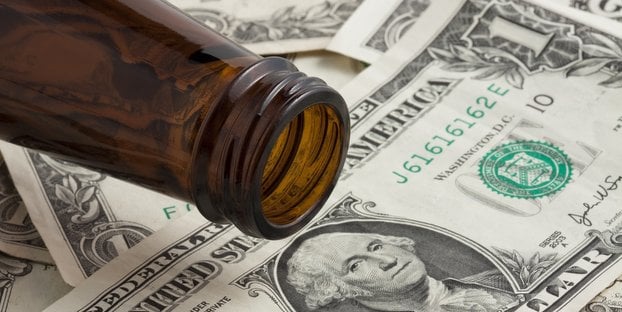
There’s been lots of confusion in the craft beer industry and in the press about Pennsylvania’s new retail sales tax on beer sold at brewery taprooms. For starters, it’s not really a new law, but it is also a law that hasn’t been enforced by the state, which is part of the confusion. In October, the Pennsylvania Department of Revenue released a sales tax bulletin that explains how the sales tax should be applied for the direct sale of malt and brewed beverages by manufacturers. The bulletin was basically saying, “hey, this law has been on Pennsylvania’s Tax Reform Code since its inception in 1971, and we’re going to start enforcing it.”
“What the department did was issue a sales tax bulletin in July to make this point clear,” explained Jeffrey Johnson, communications director at the Pennsylvania Department of Revenue. “The bulletin clarifies when a manufacturer of malt or brewed beverages must collect sales tax on the sale of malt or brewed beverages.”
These direct sales will have a 6 percent state tax, which is the sales tax rate for most products in the Keystone State. The taxes are focused on the G series of Pennsylvania state licenses. A brewery (G) licensee, brewery pub (GP) licensee and brewery storage (GS) licensee are all considered manufacturers of malt or brewed beverages. The bulletin gives the impression that the effective date of this new/not new tax will be July 1, 2019, but that’s also a murky issue. Even the Brewers Association indicates:
Direct sales tax to customers at breweries and tap rooms will remain sales tax exempt until the effective date.
That’s not exactly true either. Pennsylvania breweries selling beer via their taprooms should be collecting and paying this tax, but the state will not be going out and enforcing it until July of next year, was the impression we’ve received.
But what about the craft brewer?
Even though this tax isn’t new and just hasn’t been collected properly before, the renewed enforcement effort still makes it a surprise for craft brewers who are logically upset about it. Locals are already gearing up for how to deal with the lost revenue. Some will certainly pass that cost on to the customers. According to this article in the York Daily Record, J.R. Heaps, owner of South County Brewing Co. in Fawn Grove, Pa., open since 2011, noted customers will be paying a lot more:
Heaps expects he’ll have to pass on nearly $25,000 to customers once this tax takes effect. And while he isn’t happy about the changes, a large part of the frustration for him and other opponents toward the tariff is the unfairness in which license holders are getting taxed.
“What we want is equality across all restaurants [and licenses],” said Heaps.
Why single out breweries?
There is also confusion here with different license categories. The tax will not affect restaurants, hotels and bars, which already pay a 6 percent tax but on the wholesale price of a keg of beer they purchase from a distributor or beer manufacturer, which is way cheaper. Those establishments are not required to have a retail sales tax for customers for alcohol.
Why? Well, for starters, they are different license categories. A brewer is a producer and the hotels, bars and restaurants are retailers. Another factor would be the cost of retail liquor licenses, which are capped by the county and causes the retail liquor licenses to be resold on the open market for loads of cash (six figures in popular counties). We’ll note that hotel licenses are not subject to quota laws. There is also no cap for G license breweries, which are considered alcohol producers, not just retailers.
“It’s a little difficult to compare licenses in the brewing market versus retail,” explained Shawn Kelly, press secretary with the Pennsylvania Liquor Control Board. “When you’re looking at an R license, a restaurant liquor license, there’s also what we don’t charge but what the open market may charge in terms of acquiring an existing license. Some counties in Pennsylvania are over the retail liquor license quota. Someone who would want to get a restaurant liquor license would have to acquire it on the open market or the restaurant liquor license auctions that we have every so often.”
At the October 3 restaurant liquor license auction, 51 bidders competed for 25 licenses. Winning bids ranged from $25,331 for a license in Fulton County to $176,001 for a license in Philadelphia. The average winning bid in the auction was $73,915 (this does not include the other restaurant or bar license fees). For perspective, to obtain a G brewery license, alcohol producers will need to pay a $30 renewal or validation fee, $700 application filing fee and a $1,425 quarterly licensee fee. Basically, a comparison between retail liquor licenses and producer licenses is difficult to do. They are not the same things and should be treated differently. One sure costs a lot more than the other.
It all boils down to education for both the state and the breweries.
“As you know, the beer industry has changed dramatically in recent years, in part because of substantial reforms to the commonwealth’s liquor laws,” said Johnson. “Beer is now reaching consumers in many new and different ways, which is why the department moved to issue the bulletin to provide clarity for brewers and others. The department has met with legislators and stakeholders from the brewing industry to discuss the matter further.”
We’ll keep you updated.

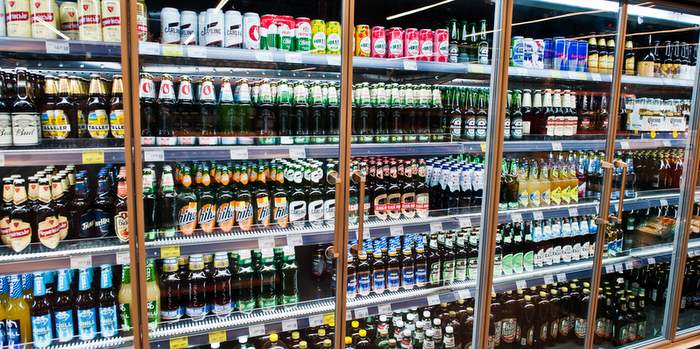
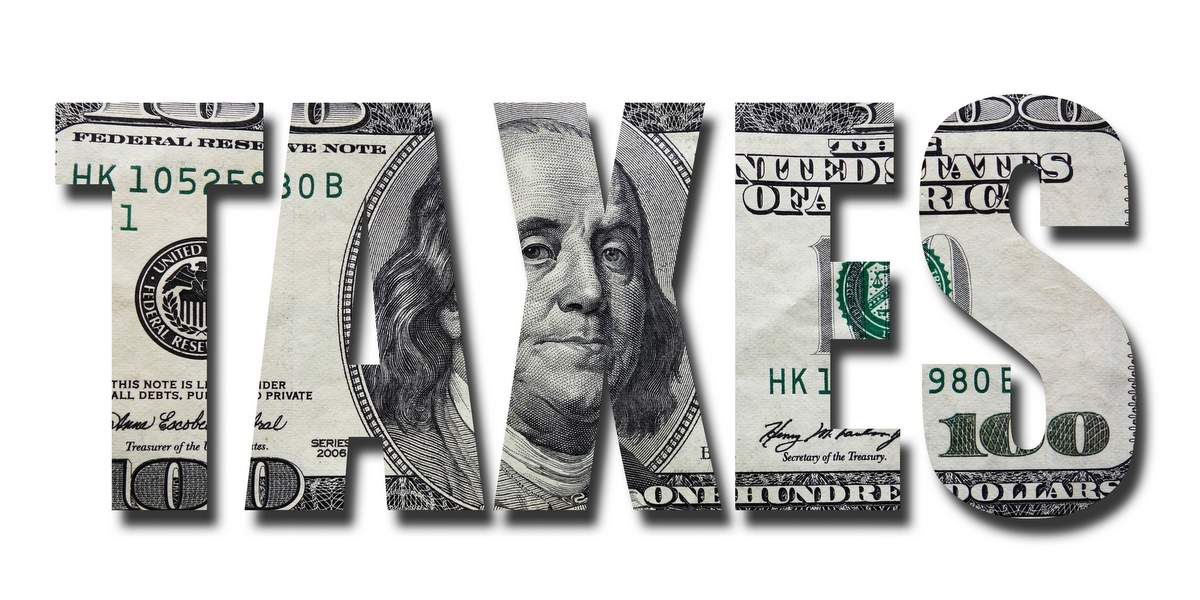
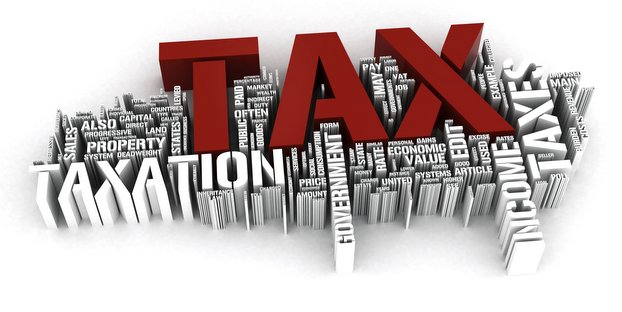
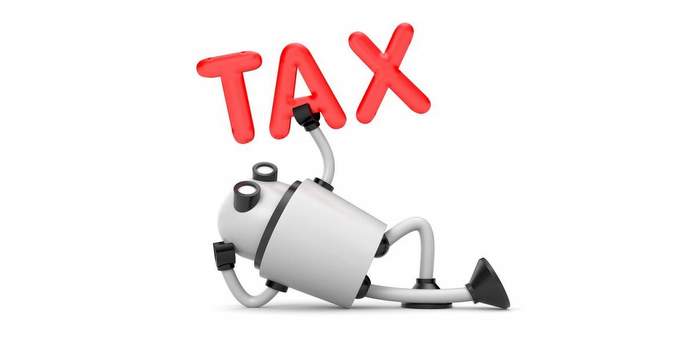

[…] Explaining Pennsylvania’s brewery retail beer sales tax: Why it’s a murky subject and wh… […]